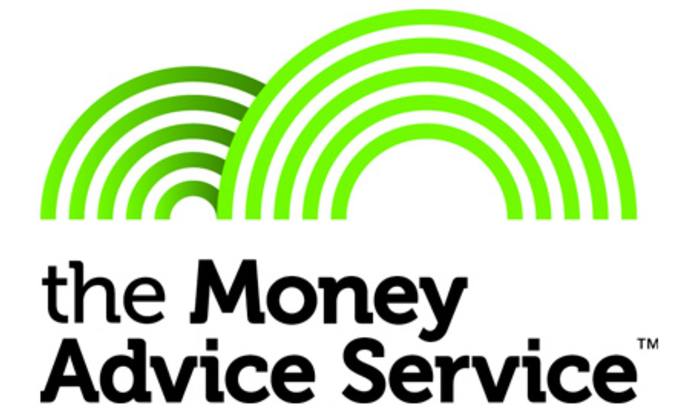
There is no doubt that we need to improve money management skills in the UK and one of the ways to do this is through financial education at school. Research from the Money Advice Service (MAS) shows that interventions at primary school age can be critical to developing a healthy appreciation of money and understanding the importance of saving.
However, MAS has found that only 40 per cent of seven to 17-year-olds said they have received financial education in school and that just 7 per cent said they have talked to their teachers about money. At home only one third of parents talk to their children about money.
As a result, fewer than half (43 per cent) of young people aged 12 to 17 feel confident in managing their money. Furthermore, 44 per cent of parents say they also lack confidence in financial affairs. On a more positive note, MAS reported that nine out of 10 young people who learned about money at school said it was useful.
These findings are backed up by a House of Lords Select Committee on Financial Exclusion, chaired by Baroness Tyler, which in March reported on the importance of early intervention for financial education and called for its inclusion in the statutory primary school curriculum.
We have to face up to the reality that there is a significant lack of financial education provision for children in the UK during their formative years. Financial education is compulsory in the secondary national curriculum, but only for 11 to 16-year-olds in maintained schools, which make up less than 50 per cent of UK schools.
If we are serious about preparing young people for the real world, we need to ensure that every child of primary school age receives financial education as an integral part of the school curriculum. But for this to happen we need to develop a compelling case to put to government.
That is why the launch of KickStart Money is so important. It is a ground breaking £1m programme that over the next three years will provide about 18,000 children aged between seven and 11 with financial education in school.
Tisa is proud to have initiated the programme, which involves a collaboration of 17 leading savings and investment firms: Aberdeen Asset Management, Alliance Trust Savings, Allianz Global Investors, Aviva, Axa Investment Management, BlackRock, BMO Global Asset Management, Columbia Threadneedle Investments, CQS, Henderson Global Investors, Legg Mason Global Asset Management, LGIM, Old Mutual Wealth, Prudential UK & Europe, Redington, Schroders and Standard Life.
The programme will be delivered in schools, without any corporate sponsor branding, by MyBnk – a leading independent, financial education charity that uses full-time trainers to deliver courses to young people. Lessons are being developed that focus on topics such as the value of money, where money comes from, budgeting, saving, prioritising spending and personal relationships with money. The programme is designed to be fun, engaging – with homework challenges for parents to complete with their children – and interactive. The emphasis is on developing positive attitudes and influencing good behaviours towards managing money.
Importantly, KickStart Money has been recognised by MAS, which has awarded the programme £80,000 as part of its What Works Fund to enable an independent assessment of the effectiveness of the programme to be conducted. The findings will then be used help to deepen the knowledge of the most effective financial capability interventions.





